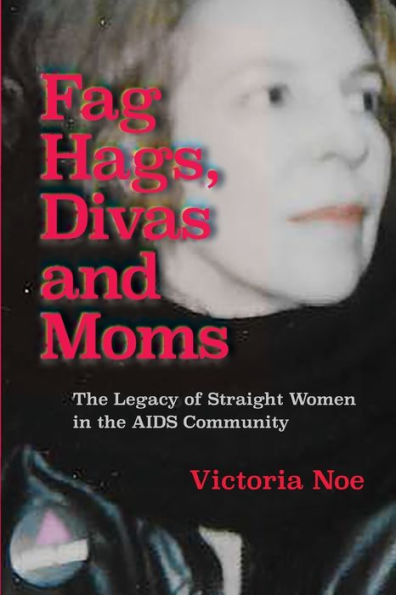Letting Your Friend Die
Oct 25, 2013 by Victoria Noe, in ACT UP
, Delle Chatman
, end-of-life decisions
, Friend Grief
, Friendship
, Grief
 |
| benawyn.wordpress.com |
But theory can be very different from practice, especially when it comes to our friends.
I remember when my friend, Delle Chatman, announced she was discontinuing treatment for yet another recurrence of ovarian cancer. Before that, she’d led us to expect miracles each time it came back. But after a month of treatments, she emailed her friends to say her body couldn’t take anymore. Everyone agreed in theory that the decision was her right. But that didn’t mean we weren’t angry. Yes, it was her decision, but no one wanted her to go.
Recently, a Facebook post to members of ACT UP NY told the story of a man who’d decided to stop taking his AIDS meds, knowing full well that he’d die. The reactions of his friends ranged from sadness to anger to outright rejection. He was lucky to have a friend who drove him cross-country, so he could die surrounded by a few people who supported his right to make that decision.
He didn’t go peacefully, as Delle did. He lashed out at those who rejected him, who tried to talk some “sense” into him. I don’t blame him.
Did they commit suicide? I don’t know. I guess in the strictest sense, they did. But this wasn’t making a decision to end your life without telling anyone.
This was different: they told everyone that they were refusing further medical treatment. They’d struggled for years with painful treatments and toxic drug regimens. They made the decision we believe they had the right to make.
And boy, were we pissed off.
The classic movie The Big Chill is about a reunion of college friends at the funeral of one of their group who committed suicide. Their responses range from shock to anger to guilt. Some of them felt they could’ve stopped Alex from killing himself if they’d only known he was considering it. They believed they had that kind of power over their friends: to keep them alive.
They were wrong.
No one wants to watch their friends die. No one wants to get that call or email, or read the news on Facebook. We expect to outlive our parents. Who expects to outlive their friends?
But the sad truth is that sometimes we do. It’s not that our friends don’t love us, or believe that we love them. But the heartbreaking decision they make is one that is their right: theirs, not ours.
Let’s be honest: we’re being selfish when we argue with them to change their minds. We don’t want to let go of them, no matter the physical cost. We want more time, more fun, more memories. Who wouldn’t?
Except…
Sometimes the best way, the only way, we can love our friends is to let them go. Let them make the hardest decision they’ve ever made without feeling guilty for upsetting us. Let them take some control in a life that has become, for them, unbearable.
You may be in this kind of situation one day: your friend has announced they’re stopping their medical treatment, a decision that will hasten their death. What will you do?
Will you try to take control, convince them to change their mind?
Will you scream and curse when they refuse?
Will you cut off all contact until and unless they come to their senses?
You’ll want to do all that and more, believe me.
But don’t – don’t let their last memory of you be of your anger and disapproval. Instead, put your pain aside, and let them know that even though you don’t agree, you’re there for them. You didn’t always agree before then, did you? Of course not, but you stayed friends.
Prove just how good a friend you are.
Let go.

